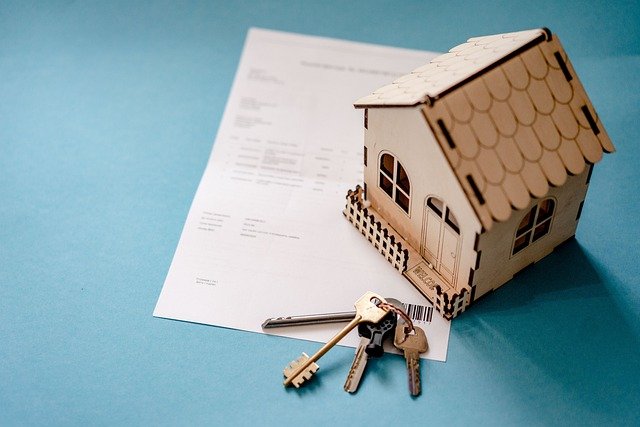Decoding the Dynamics of Real Estate Auctions: A Comprehensive Guide
Are property auctions the overlooked goldmine in the real estate market? Let's dive into the historical development, current trends, and strategic implications of real estate auctions, providing both buyers and sellers with an in-depth understanding of this unique property transaction avenue.

A Historical Overview of Real Estate Auctions
The concept of property auctions isn’t new. It dates back to Roman times when property seized during wars was auctioned off to the highest bidder. Fast forward to today, and real estate auctions have evolved into a genuine investment opportunity. However, they remain less understood than traditional property buying and selling methods.
The Rising Popularity and Current Trends in Property Auctions
In recent years, real estate auctions have witnessed a surge in popularity. This trend has been bolstered by the digital revolution, making auctions more accessible to a broader audience. Foreclosure auctions, in particular, have become a common way for investors to acquire properties at below-market prices. Meanwhile, luxury property auctions have emerged as a niche segment, catering to the high-end market.
The Pros and Cons of Buying and Selling at Auctions
Like any investment strategy, property auctions come with their own set of advantages and disadvantages. For buyers, auctions can offer properties at competitive prices. Additionally, the process is fast-paced, reducing the long waiting periods typically associated with traditional real estate transactions. However, auctions also carry risks, such as the potential for overbidding, limited inspection opportunities, and complex legal terms.
On the seller’s side, auctions can expedite the sale process and attract a wide array of potential buyers. But there’s also the risk of the property selling below the desired price if not enough bidders are interested.
Understanding the Financial Implications of Real Estate Auctions
Financially, real estate auctions can offer lucrative returns. However, they also demand careful planning and risk assessment. Buyers need to account for the total cost of the property, not just the bidding price. This includes potential renovation costs, overdue taxes, or liens against the property. Sellers, on the other hand, must consider auction fees and the potential impact on their net returns.
Making the Most of Real Estate Auctions: A Strategic Approach
Successfully navigating property auctions requires a clear strategy. Thorough market research, a well-defined budget, and legal consultation are crucial. Buyers should also familiarize themselves with auction procedures to avoid costly mistakes. For sellers, effective marketing can help attract more bidders and potentially higher bids.
In conclusion, real estate auctions are a dynamic facet of the property market, offering unique opportunities and challenges for both buyers and sellers. By understanding the ins and outs of auctions, investors can leverage this strategy to maximize their real estate gains.




